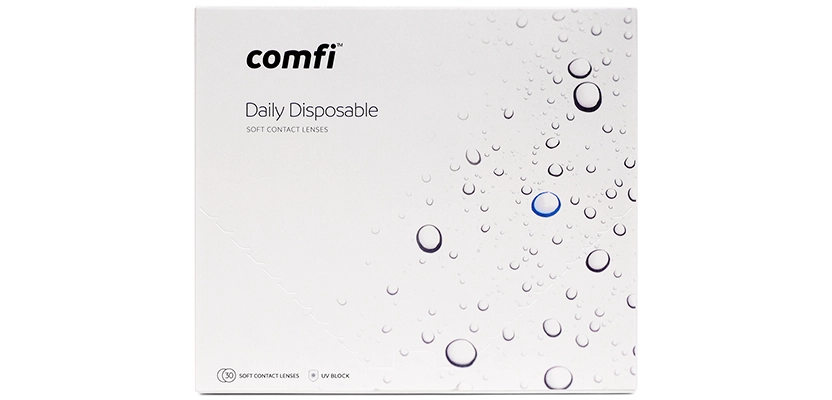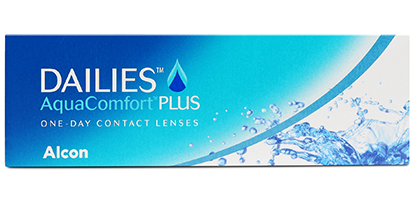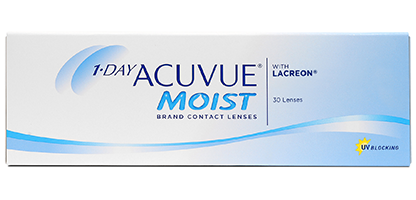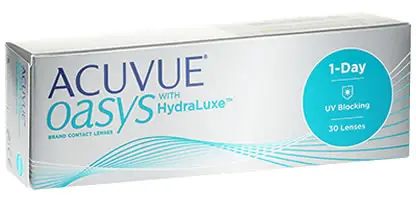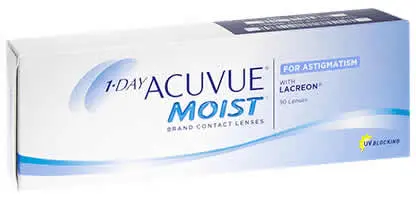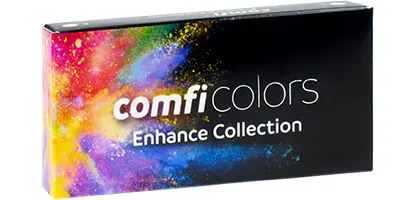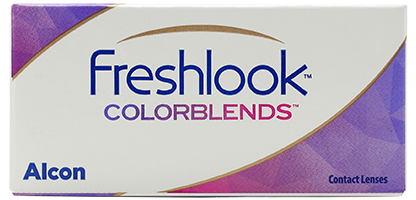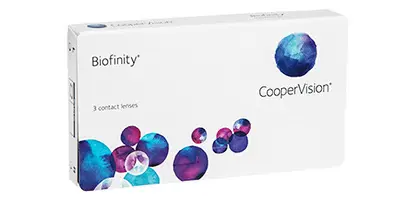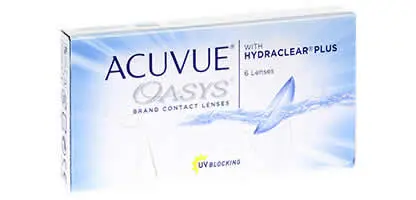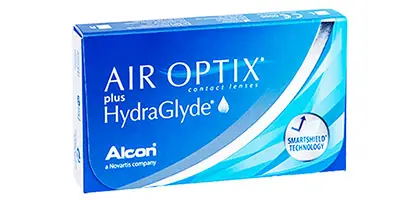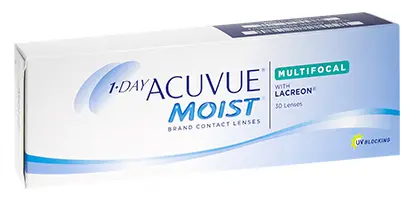
Tina Patel
Contact Lens Optician
Tina Patel is a qualified Contact Lens Optician at Feel Good Contacts and a member of the Association of British Dispensing Opticians (ABDO). Tina is registered with the General Optical Council (GOC) and adheres to their guidelines. She achieved a BSc (Hons) in Optical Management in 2002 from Anglia Ruskin University, Cambridge and qualified as a Dispensing Optician. In 2007, Tina went on to qualify as a Contact Lens Optician. With over 25 years of experience in the optical industry, she has worked for a leading high street optician where she would fit and prescribe suitable contact lenses, and contact lens solutions to customers. Tina also currently teaches at City, University of London.
Understanding Glasses Prescriptions in IE: A Comprehensive Guide
Are you new to glasses and the technical terms on your eye prescription making you feel lost? Understanding a glasses prescription can be tricky, especially for those who haven’t seen one before. Whether you are planning to buy glasses online or just prefer to stay informed, understanding your glasses prescription is important. So, let’s get started!
Do Contact Lenses Expire? Here’s What You Need to Know
Yes, contact lenses do expire and should not be worn after their expiration date. All contacts come with an expiration date, and it’s essential to be mindful of their shelf life before using them.
How Do Varifocal Glasses Work?
Varifocal glasses have three different prescriptions within the lens, allowing the wearer to see clearly at all distances. This type of eyewear is perfect for those that require multiple prescriptions, such as those with presbyopia, a condition that makes it difficult for people to see objects up close.

















